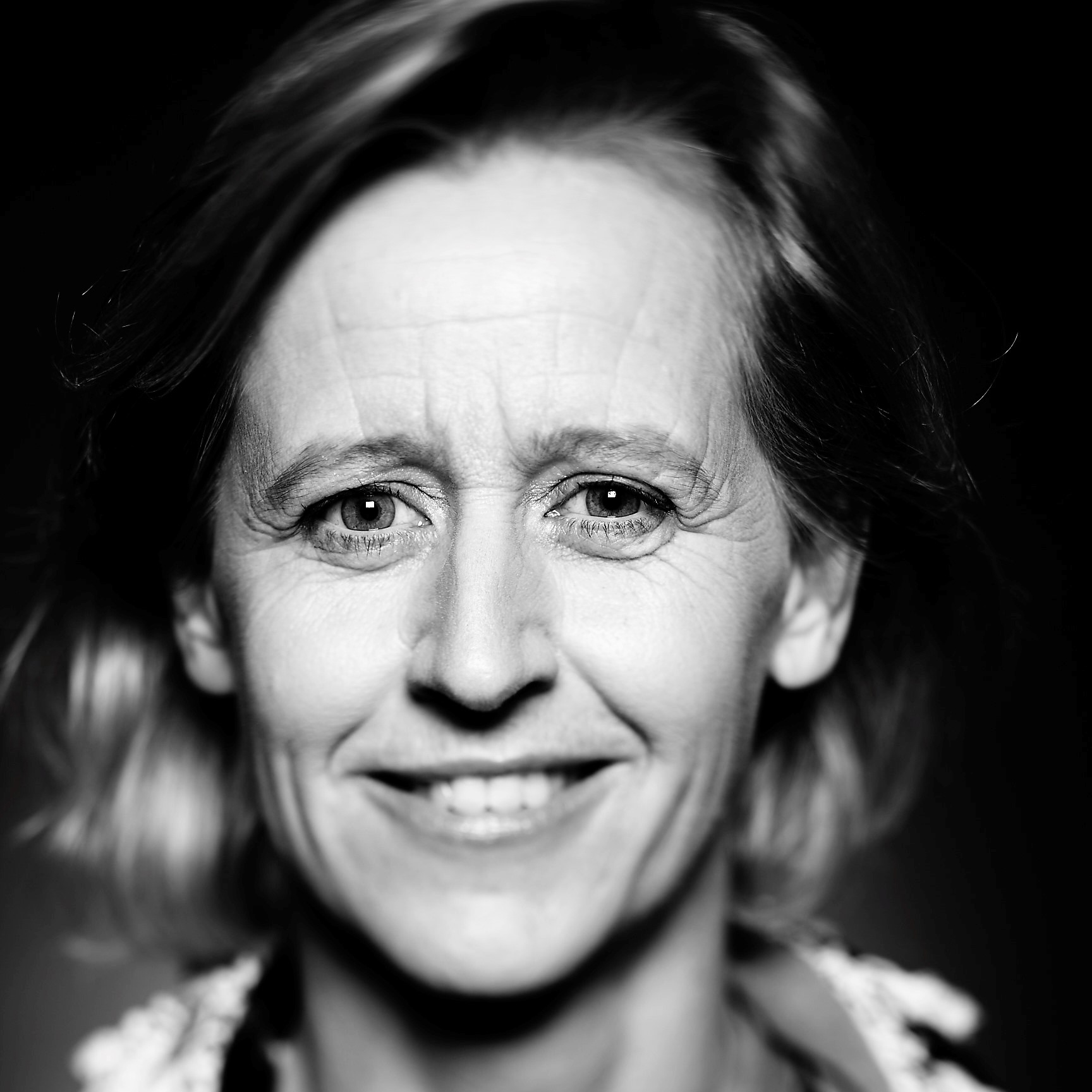 \
&
Contact us
\
&
Contact us
 \
&
Contact us
\
&
Contact us
Made in Europe is a Horizon Europe co-programmed public-private partnership running for 7 years with a budget of €1.8 billion in total. The European Factories of the Future Research Association (EFFRA) represents the private side in the partnership. Made in Europe is successor to the Factories of the Future Partnership which has been run under the Horizon 2020 programme.
Made in Europe seeks to increase the number and attractiveness of jobs in manufacturing, while securing the environmental, economic and social sustainability for future generations in Europe. The Partnership will contribute to a competitive, green, digital, resilient and human-centric manufacturing industry in Europe. It will be at the centre of a twin ecological and digital transition, being both a driver and subject to these changes. The 2030 vision for the partnership is to reinforce the global position Europe’s manufacturing industry in terms of competitiveness, productivity, and technology leadership.
Contact
Partners: EFFRA – European Factories of the Future Research Association Info@effra.eu
About EFFRA
The European Factories of the Future Research Association (EFFRA) is a non-for-profit, industry-driven association promoting the development of new and innovative production technologies.
Partnerships group the EC and private and/or public partners, to coordinate and streamline the research & innovation initiatives and funding in some selected key domains.

Ria.debreucker@vlaio.be
If you’ve never heard of Limecraft, you’re clearly not working in the media sector. Their SaaS platform provides integrated workflows for media management, scripted and unscripted TV, and subtitling and localisation. It is used by leading broadcasting companies – such as BBC, VRT, NPO… – and production firms of which De Mensen or Hotel Hungaria might ring a bell (at least if you are Belgian).
NCP Flanders went to Ghent to interview Maarten Verwaest, CEO and cofounder, about how he sees Horizon 2020. Limecraft is a partner in the MeMAD project, which is a collaborative RIA project submitted to an ICT call topic.